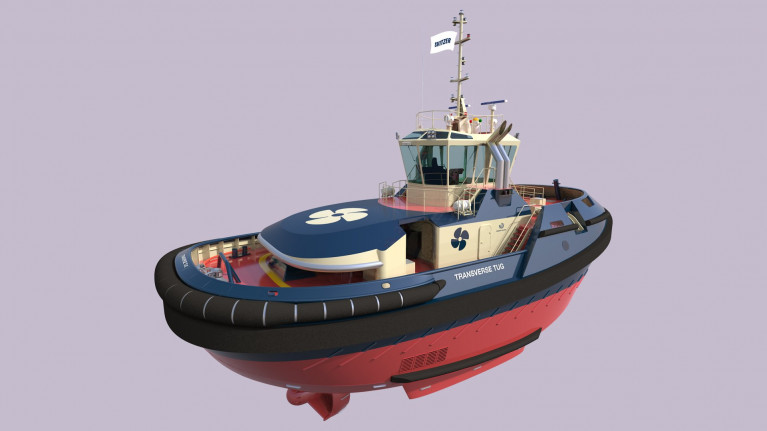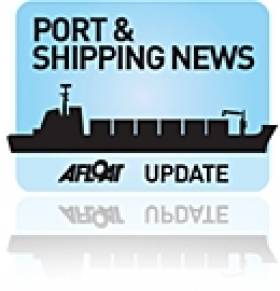Displaying items by tag: UK Chamber of Shipping
Global Towage Operator Svitzer Unveils Strategy to Become Fully Carbon Neutral By 2040
A global towage operator, Svitzer and part of shipping container giant A.P. Moller-Maersk, has unveiled its decarbonisation strategy that will see the company become fully carbon neutral by 2040.
The strategy will see Svitzer decarbonise in two phases. Firstly, Svitzer is aiming to reduce the CO2 intensity of its entire fleet by 50% by 2030. This will pave the way for fully carbon neutral operations just ten years’ later in 2040, which is in line with A.P. Moller-Maersk’s ambition.
As part of the strategy, Svitzer will invest time and capital to embed sustainability throughout its business, in day-to-day operations, in people and how they do their jobs, in its fleet and through the types of fuel used by its vessels.
Svitzer will measure progress against a 2020 baseline, which saw the company’s fleet of approximately 400 vessels emit 280,000 tonnes of CO2, or the same amount as 110,000 cars.
Svitzer has already implemented process changes to help spur improved efficiency across its fleet. For example, the company’s ‘Aim for 8’ initiative – which asks crew to optimise their speed during tug mobilisation and demobilisation – has saved over 255 tonnes of Marine Gas Oil (Diesel) in the UK alone.
Such Aim for 8 initiatives will influence the behaviour of our staff, combined with improved vessel connectivity, integrated performance monitoring across Svitzer’s fleet and improvements to scheduling optimisation, will help drive down emissions in the short term.
The company is also to focus on changing the fuel mix of its fleet. The success of the organisation’s EcoTow project, which has seen Svitzer’s entire fleets in London, Felixstowe, and Southampton switch to low carbon biofuels, is currently being replicated more widely across ports in the UK and to the company’s global operations.
Svitzer will also begin to explore methanol as a fuel for towage and, in the long-term, take required steps to retrofit and renew its fleet in order to operate on low carbon fuel solutions.
Another focus is to improve the efficiency of its fleet from a design perspective. As part of this, the company will launch its new and innovative TRAnsverse Tug design, which can generate higher steering forces than most designs of similar dimensions in a smaller, more nimble package with a reduced environmental footprint involving less fuel consumption.
The design of the TRAnverse tug is from naval architect, Robert Allan and is due to come into operation from Q3, 2023.
UK Shipping Industry Rejects Emissions Trading Scheme
The UK's shipping industry has rejected the European Union's new emissions trading scheme, claiming it is unworkable in a global business.
The Guardian reports that campaigners have called for the inclusion of an emissions trading scheme as part of the EU's carbon reduction programme.
But Mike Brownrigg, director-general of the UK Chamber of Shipping, dismissed the idea as unworkable, claiming that ships would simply refuel at non-EU ports to avoid emissions quotas.
Brownrigg maintained that any solution must be "global - through the International Maritime Organisation - rather than regional".
He added that "we are just at the beginning of this discussion" - despite what The Guardian describes as "years of talks between shipping companies and governments over how to reduce emissions from the sector".
The Guardian has more on the story HERE.


























































